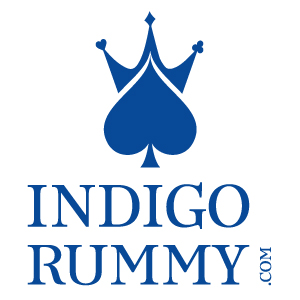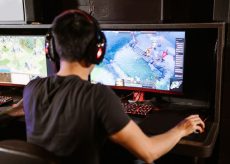ASSOCHAM hosts round table on strengthening IP laws in India’s gaming sector
Prepend to the content

On World Intellectual Property (IP) Day, the Associated Chambers of Commerce and Industry of India (ASSOCHAM) organized a round table discussion emphasizing the necessity for robust intellectual property laws to bolster India’s gaming sector growth.
The round table saw the participation of legal experts, industry professionals, and government representatives. The Print reported on this event, held on April 26, aimed to address concerns of the gaming industry.
India’s gaming industry is valued at USD 3.49 billion and has witnessed significant expansion. It has attracted numerous startups and game developers, including over 900 micro, small, and medium enterprises (MSMEs).Despite this growth, there is a gap in safeguarding the intellectual property rights of interactive electronic games, and India lags behind countries like the United States, China, and France in this aspect.
A critical challenge that was highlighted during the discussion is the misunderstanding surrounding skill-based interactive electronic games, which are often confused with online gambling or betting games. This confusion provides an obstacle to safeguarding the innovative aspects of electronic games, a big concern for industry stakeholders.
Chief Guest Justice Prathiba M Singh, Delhi High Court Judge, along with legal luminaries Amit Sibal (Senior Advocate), Dev Robinsion (Partner and National Practice Head–IPR, Shardul Amarchand Mangaldas & Co.), and Saikrishna Rajagopal, Managing Partner, Saikrishna & Associates, were present in the event. Their discussions focussed on the urgent need to protect the unique elements and expressions of interactive games, extending beyond basic game rules. While some said that existing intellectual property laws are enough, others stressed the necessity for specific measures for the gaming industry.
Some of the participants recommended different ideas to protect the IP. One suggestion is to categorise online interactive games as ‘computer programmes’ under the Copyright Act, of 1957, and to leverage the Patents Act of 1970, to protect innovative game elements.
International practices, such as the protection of audio-visual content under US copyright law, were also cited for reference. Everyone agreed that only skill-based games are permissible under the law, with the recently released online gaming rules by the Ministry of Information Technology offering clarity on permissible games.
The discussion highlighted the importance of judiciary-legislative collaboration to strike a balance between public gaming content dissemination and having incentives for its creation. Everyone agreed that while new laws might be needed to protect the IPs for gaming innovations, immediate protection and acknowledgement must come from the judiciary.
The event has initiated a dialogue on intellectual property in the gaming sector, indicating that the industry needs protection and acknowledgement of its innovations.
The post ASSOCHAM hosts round table on strengthening IP laws in India’s gaming sector appeared first on G2G News.



